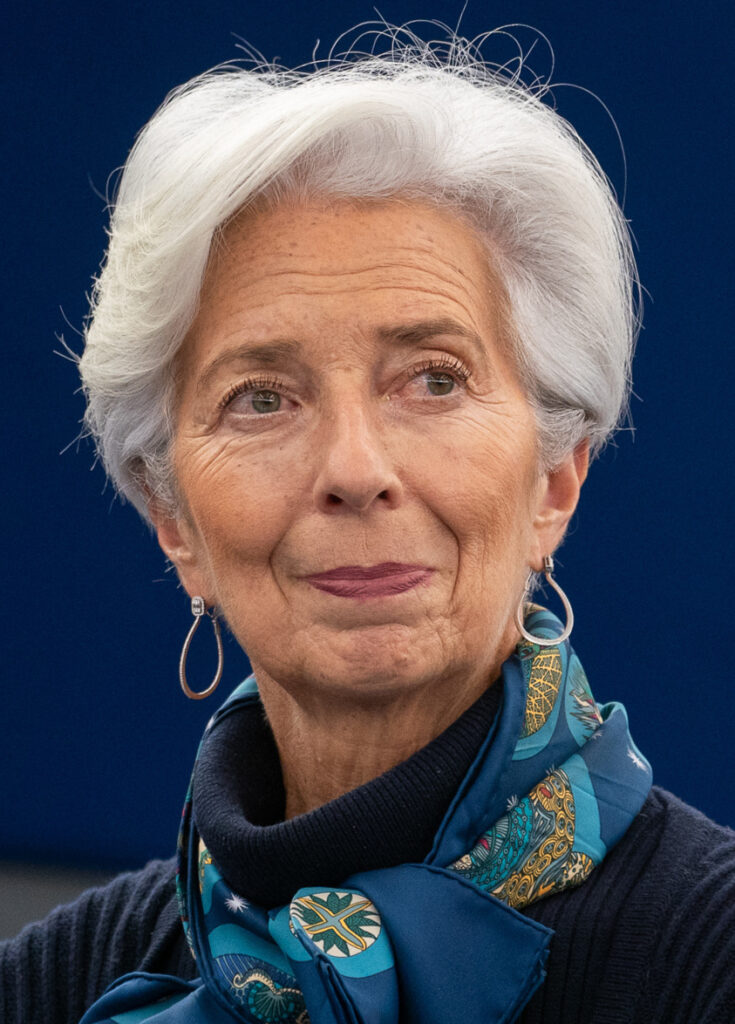As the East African Community is moving toward closer integration and talks of a common currency is in consideration, we ask ourselves how would this look like? The most relevant example is the Euro and more specifically the European Central Bank.
The European Central Bank was created in 1998 to represent the interests of countries belonging to the Eurozone. Its president is Frenchwoman Christine Lagarde.

With its headquarters in Frankfurt in Germany, the ECB is at the head of the Eurosystem of central banks of the eurozone member states.
The monetary policy of each member state is therefore managed by the ECB.
Unlike the United States, where the central bank — known as the Federal Reserve — has two main objectives, keeping unemployment down and controlling inflation, the ECB’s main task is to ensure prices in the euro area remain stable, keeping inflation at a reasonable target rate of around two percent.
It does this by fixing interest rates.
These decisions have a direct impact on the credit policies of the banking institutions.
For example in the case of overheating eurozone economies, the ECB raises interest rates to cool inflation.
Higher rates prompt banks to limit lending by setting unattractive rates.
On the other hand, to encourage growth in a struggling eurozone, the ECB can cut interest rates to incite banks to issue clients with more credit, thereby encouraging investment.
The ECB lends to banks but in theory is not allowed to lend directly to eurozone governments themselves, as this would amount to financing member state deficits.
Sources : ECB, Minefi, touteleurope.eu
This report was produced by Mwanzo TV with the support of Code for Africa and Deutsche Welle Akademie Kenya





